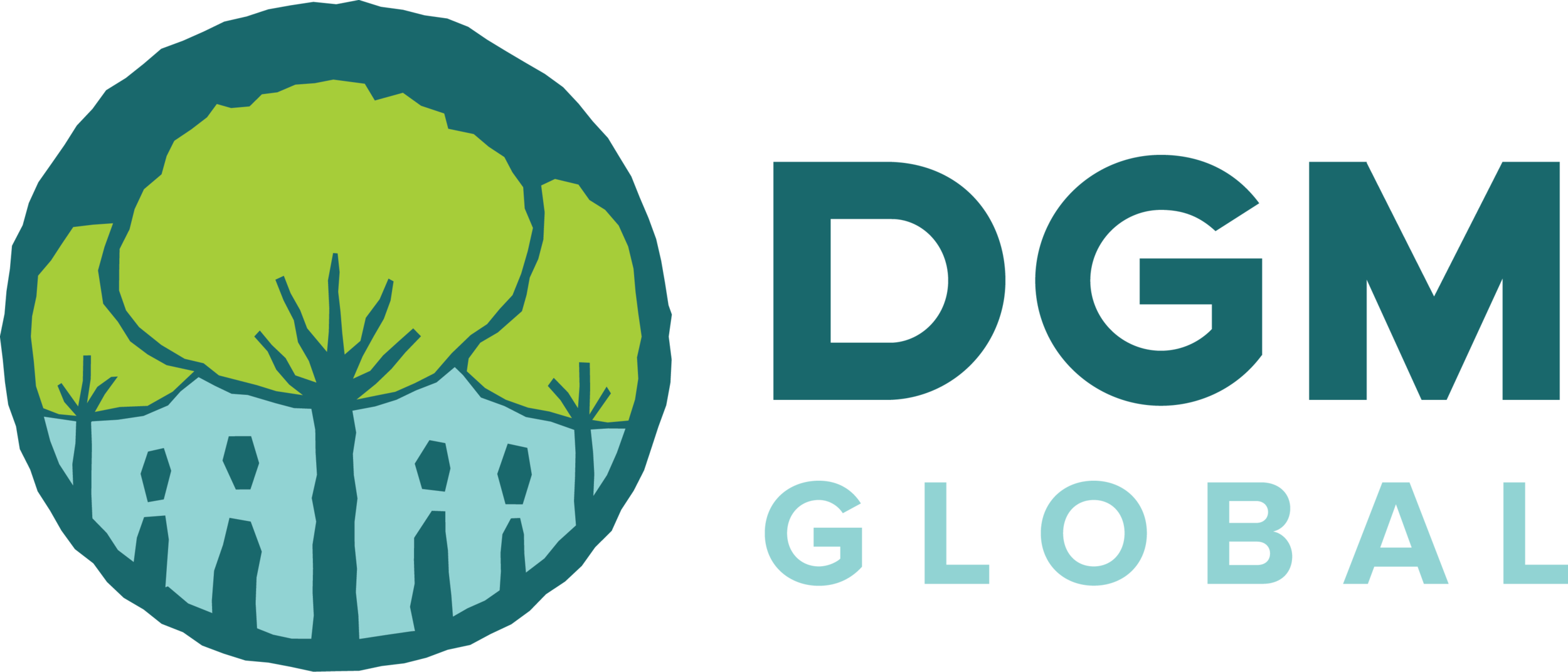Home | Background | Results | Documents | 2021 Annual Report
About the Dedicated Grant Mechanism
The Dedicated Grant Mechanism for Indigenous Peoples and Local Communities
An estimated 1.6 billion people—nearly 25 percent of the world’s population—rely on forests and forest products for their livelihoods. Forest-dependent Indigenous Peoples and Local Communities are among the forest’s most important stewards. Giving them an amplified voice is a powerful way to protect these ecosystems that play a critical role in mitigating the effects of climate change.
The Dedicated Grant Mechanism for Indigenous Peoples and Local Communities (DGM) is a global initiative that supports the full and effective participation of Indigenous Peoples and Local Communities in the international effort to reduce greenhouse gas emissions from deforestation and forest degradation and promote sustainable forest management and forest carbon stocks (REDD+). The Climate Investment Funds (CIF) established the Dedicated Grant Mechanism for Indigenous Peoples and Local Communities (DGM) in 2010 to enhance the role of IPLCs in protecting the forests they depend on. Financed by CIF's Forest Investment Program (FIP), and implemented by the World Bank, DGM is investing $80 million globally to support community-led, context-specific programs that draw on local expertise to advance sustainable forest stewardship and elevate IPLC voices in local, national, and global climate action. Together, these initiatives help reduce deforestation-related greenhouse gas emissions, curb forest degradation, support sustainable forest management, and promote forest carbon stocks.
Consisting of 12 country projects and a global learning and knowledge exchange project, the DGM supports, shares, and elevates—to the national and global policy arena—sustainable forest-use practices led by Indigenous Peoples and Local Communities. It engenders collaboration with FIP investment planners in government, multilateral development banks (MDBs), and other stakeholders to enhance dialogue, build trust, and facilitate broader sustainable forest management efforts.
More than the size of its funding, the DGM is truly unique in its design and governance led by Indigenous Peoples and Local Communities at every level. These groups are both leaders and beneficiaries of DGM activities, ensuring DGM support is demand-driven and attuned to local interests to affect change from the ground up.
12 country projects to support grassroots climate action
DGM country projects provide grants and technical support directly to grassroots organizations of Indigenous Peoples and Local Communities in target areas. In keeping with the goals of the FIP, funded interventions promote sustainable forest management, traditional livelihoods that contribute to adaptation and mitigation to climate change, and security of land tenure. In each country, a National Steering Committee, composed of self-selected representatives of Indigenous Peoples and Local Community groups, governs the DGM. It approves sub-projects and appoints a qualified local organization to serve as the National Executing Agency to manage national DGM activities.
Global project to share lessons and exchange knowledge across borders
To expand impact and sustainability, the Global Learning and Knowledge Exchange Project supports coordination and shared learning across the country projects. The global project also provides training on policy and technical topics to regional representatives of Indigenous Peoples and Local Communities, strengthening their voice in climate forums. A Global Steering Committee, composed of members of National Steering Committees, governs the global program and provides overall intellectual and policy leadership to the DGM. In 2013 following a competitive process, it selected Conservation International as the Global Executing Agency to manage the global project and serve as the DGM global secretariat.
A new model for climate finance
Representatives of Indigenous Peoples and Local Communities direct all aspects of the DGM through the Global and National Steering Committees, and they are supported by executing agencies with an emphasis on accountability, transparency, and effectiveness. The FIP and World Bank have no part in decision making, but they do serve as observers to committee meetings, and the World Bank provides overall technical, fiduciary, and institutional oversight to the DGM at the global and country levels. Through its unique design, the DGM aims to establish recognition of indigenous peoples and local communities as effective leaders in efforts to reduce deforestation and forest degradation, whose continued participation in climate projects and policies is necessary for successful results.
DGM FUNDING: $80.0 MILLION
DGM Global Learning and Knowledge Exchange Project
- US$ 8.0 million allocated
- US$ 7.3 million approved
DGM Brazil
- US$ 6.5 million approved
Burkina Faso
- US$ 4.5 million approved
Cote d'Ivoire
- US$ 4.5 million approved
Democratic Republic of the Congo
- US$ 6.0 million approved
Ecuador
- US$ 4.5 million allocated
- Project canceled as of July 2019
Ghana
- US$ 5.5 million approved
Guatemala
- US$ 4.5 million approved
Indonesia
- US$ 6.5 million approved
Lao PDR
- US$ 4.5 million allocated
- Project canceled as of October 2017
Mexico
- US$ 6.0 million approved
Mozambique
- US$ 4.5 million approved
Nepal
- US$ 4.5 million approved
Peru
- US$ 5.5 million approved
Republic of the Congo
- US$ 4.5 million approved

